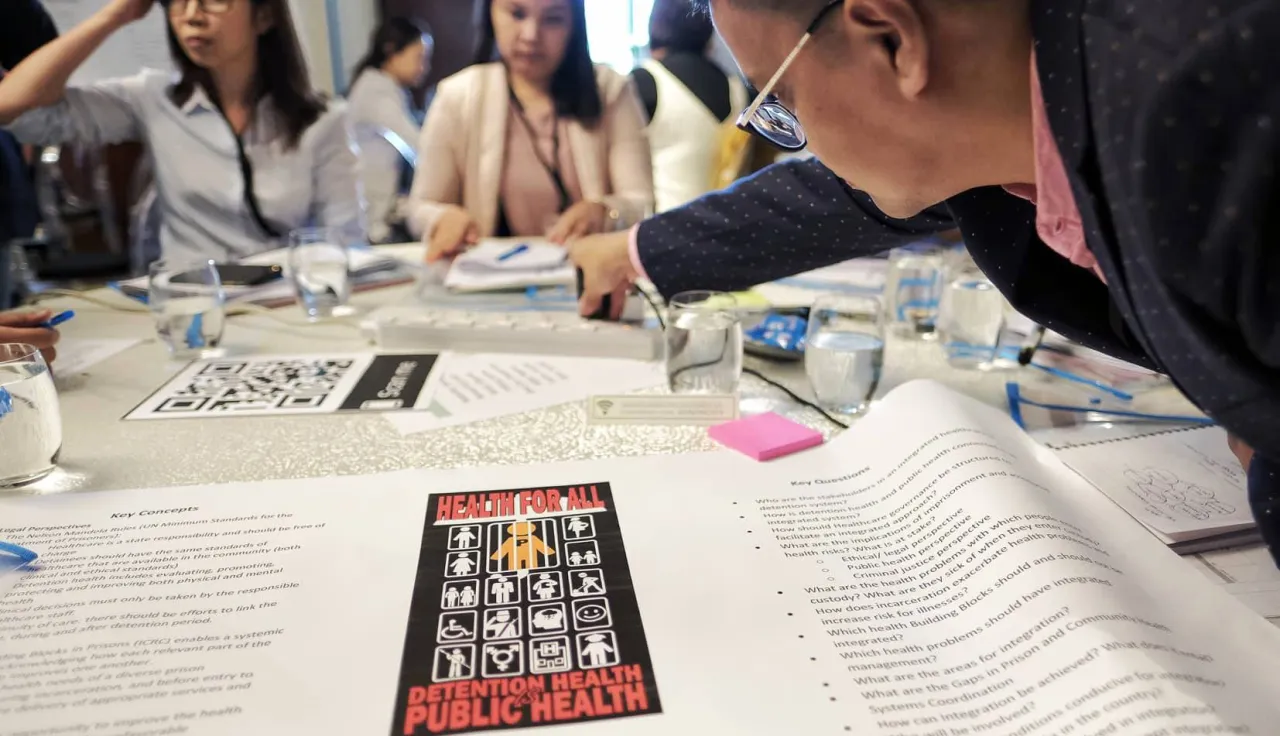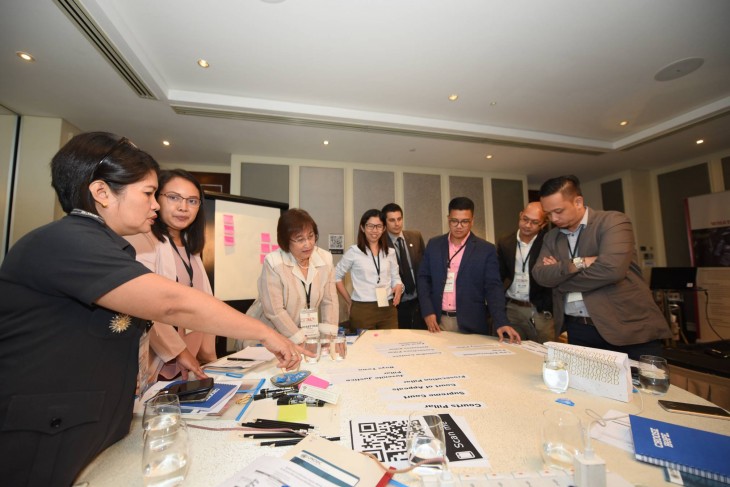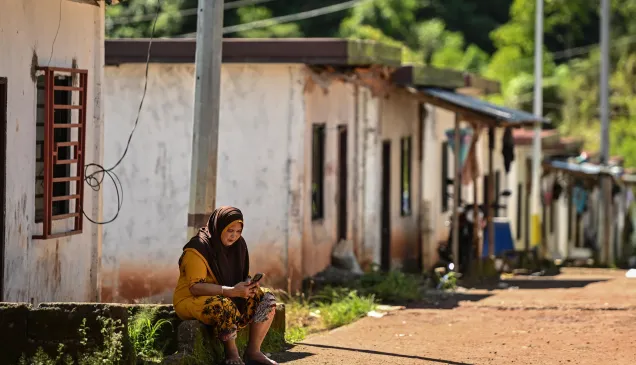Philippines: Working with authorities to improve health care in prisons

A four-day course to help raise awareness among key stakeholders on the importance of detention health as a public health issue was held from 25 to 28 June 2019 in Makati City.
Customized for top-level managers, leaders, academics, researchers and policy makers, the first run of the Health Care in Detention course in the Philippines also aims to initiate the participants to the unique issues and the discourses of detention health in the country.
“The increasing jail congestion brings about more challenges in the delivery and access to health services by the detainees and demands collective efforts in several fields such as governance and leadership, human and financial resources. This course will allow participants to gain an overview of key aspects in health care in detention and the needed response in policy and management to address properly these challenges through strong and functional inter-institutional coordination,” said Mitsuyoshi Morita, the ICRC detention doctor.
The course, initiated by the ICRC, was attended by 30 senior representatives of the health, justice, and local government departments, police and detaining institutions, medical associations and schools. It is in line with the ICRC-Swiss Tropical and Public Health Institute course in Basel and the Health Care in Detention course under the Global Health Programme of Thammasat University-ICRC collaboration in Bangkok.
“Health in detention is a multisectoral issue. It’s not just a concern of jail or health authorities. Locally, there are still a lot of gaps we need to address. Whatever the needs are of the larger community, they are also the needs of the detention community,” said Melissa Bulao, senior science research specialist at the DOST Philippine Council for Health Research and Development.
The ICRC visits places of detention around the world to ensure the proper treatment and living conditions of inmates, paying specific attention to those held in relation to the conflict. In the Philippines, the ICRC actively supports national authorities in their efforts to find solutions to the causes and consequences of extreme jail overcrowding.

In November, the ICRC will organize the third Asia and Pacific Conference on Prison Health in Manila, that expects to gather up to 150 detention and health authorities, academics and public health experts from the region to share experiences, promote the “whole of government” approach to prison health and awareness of international standards and finally, promote the advocacy of “prison health is public health.”



